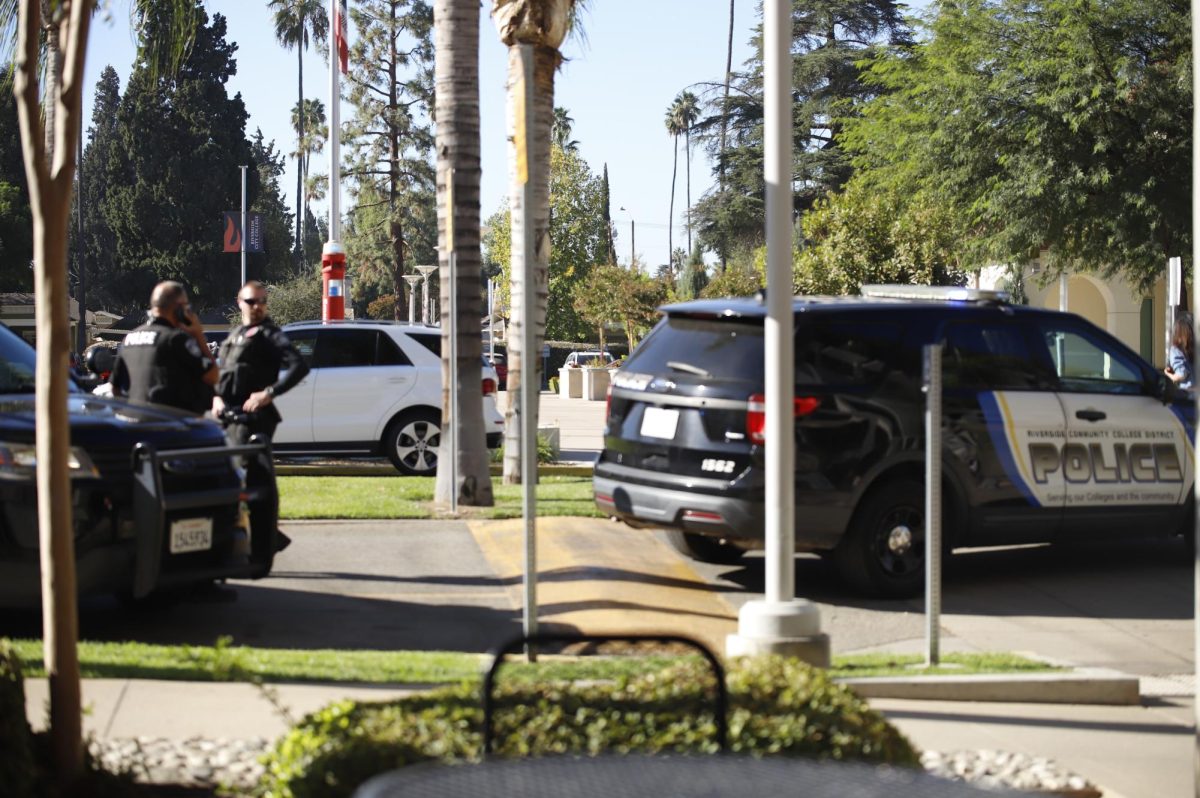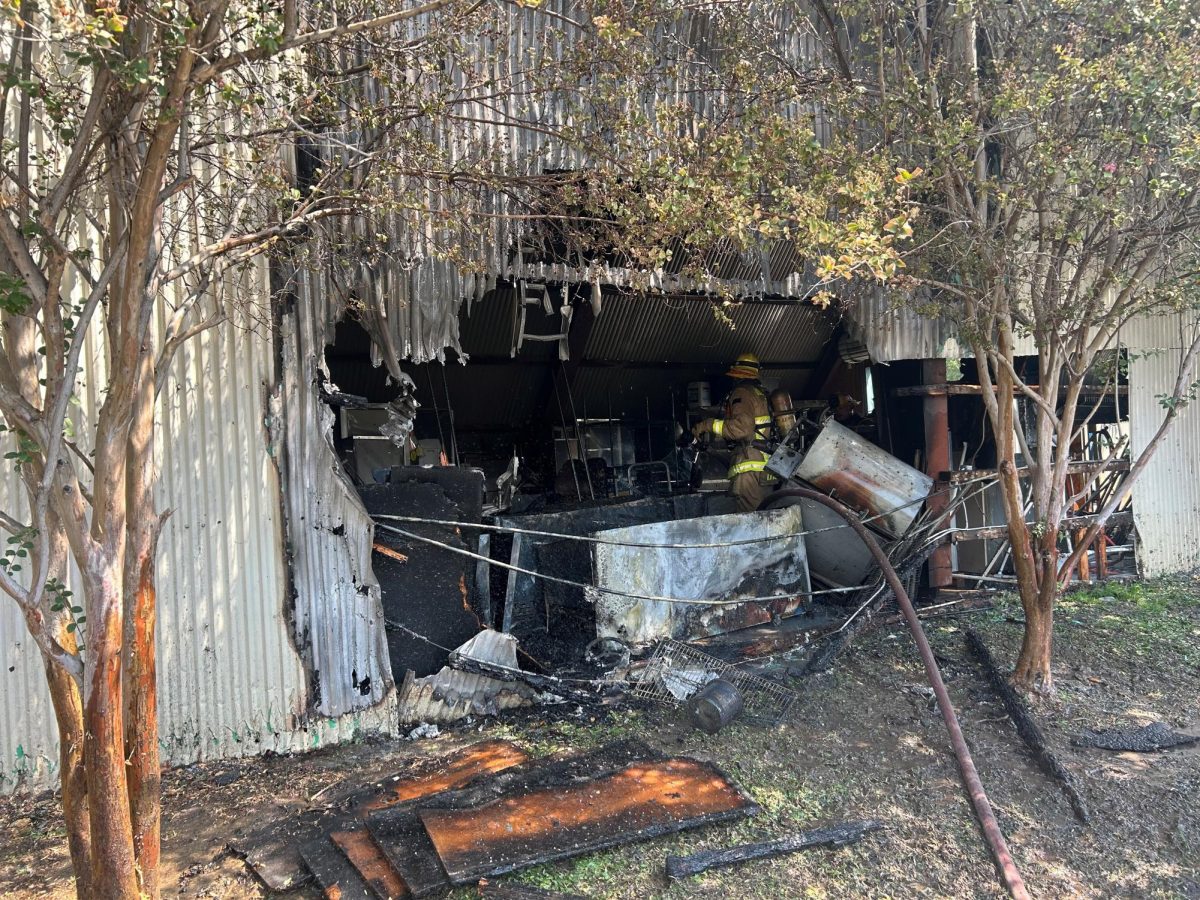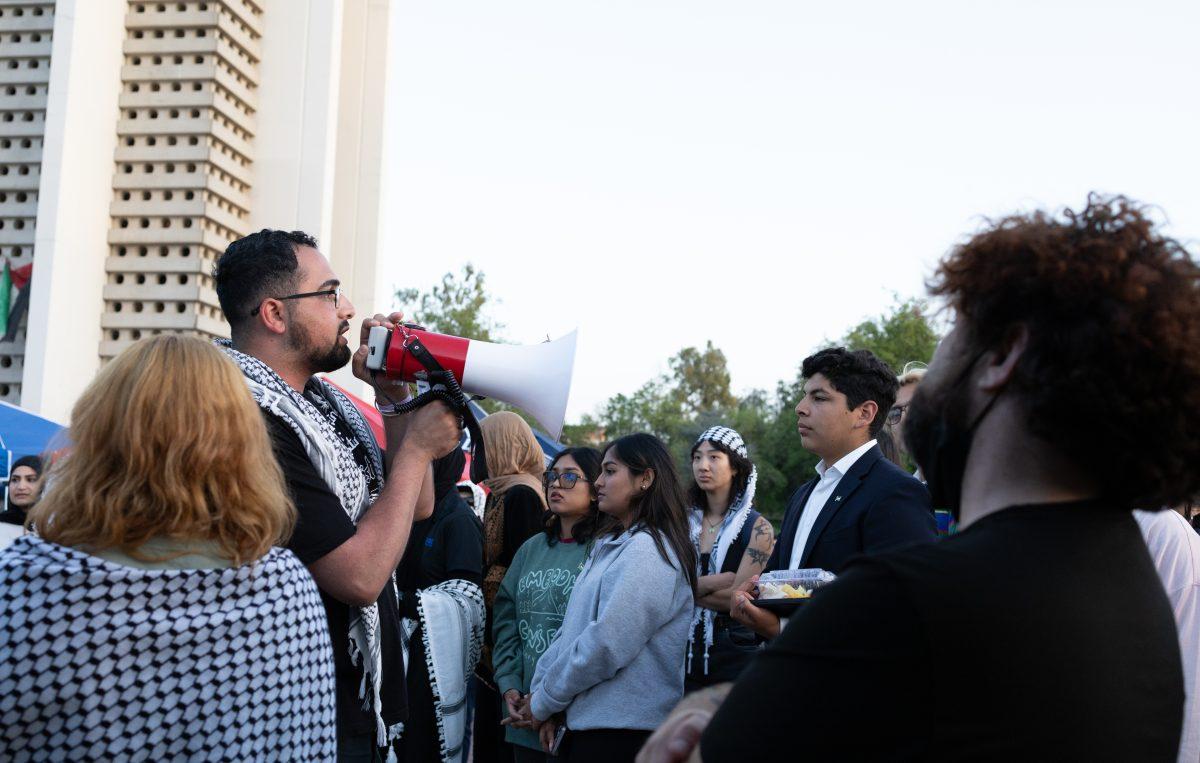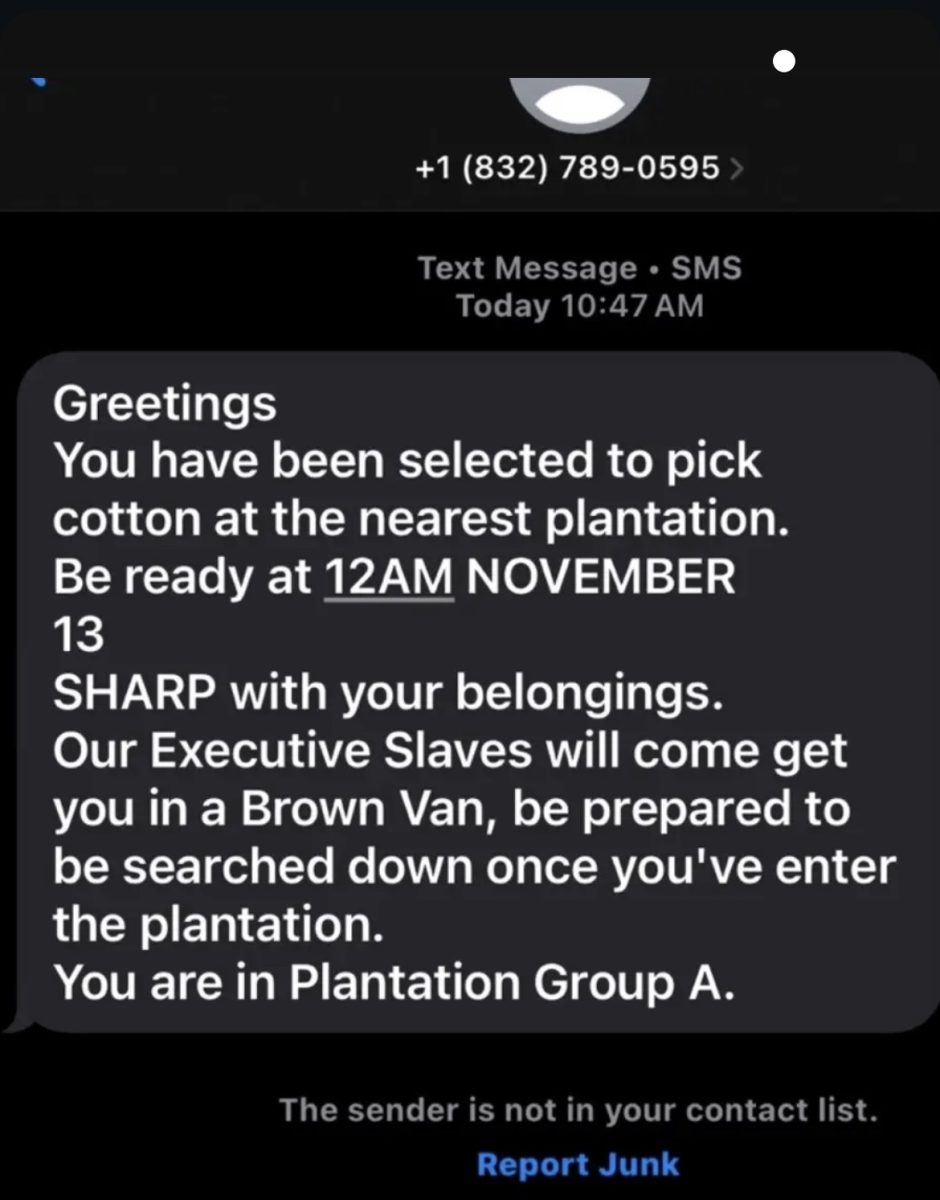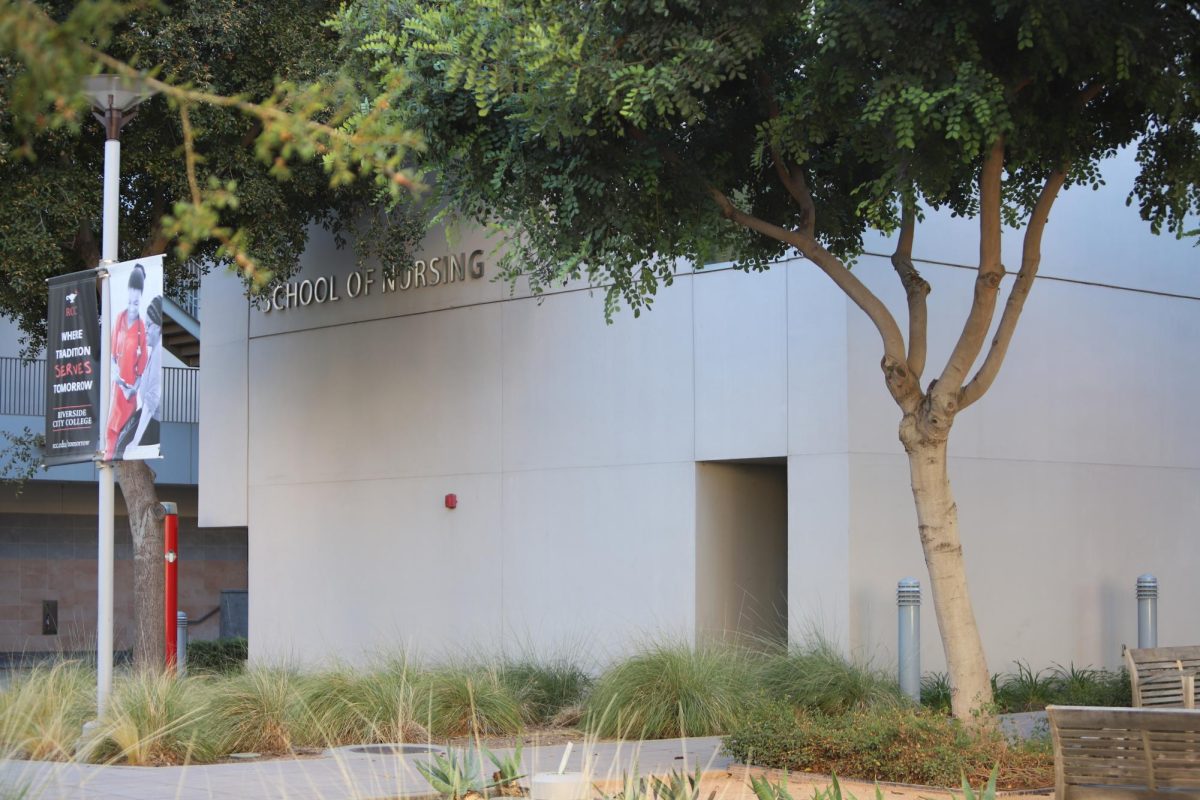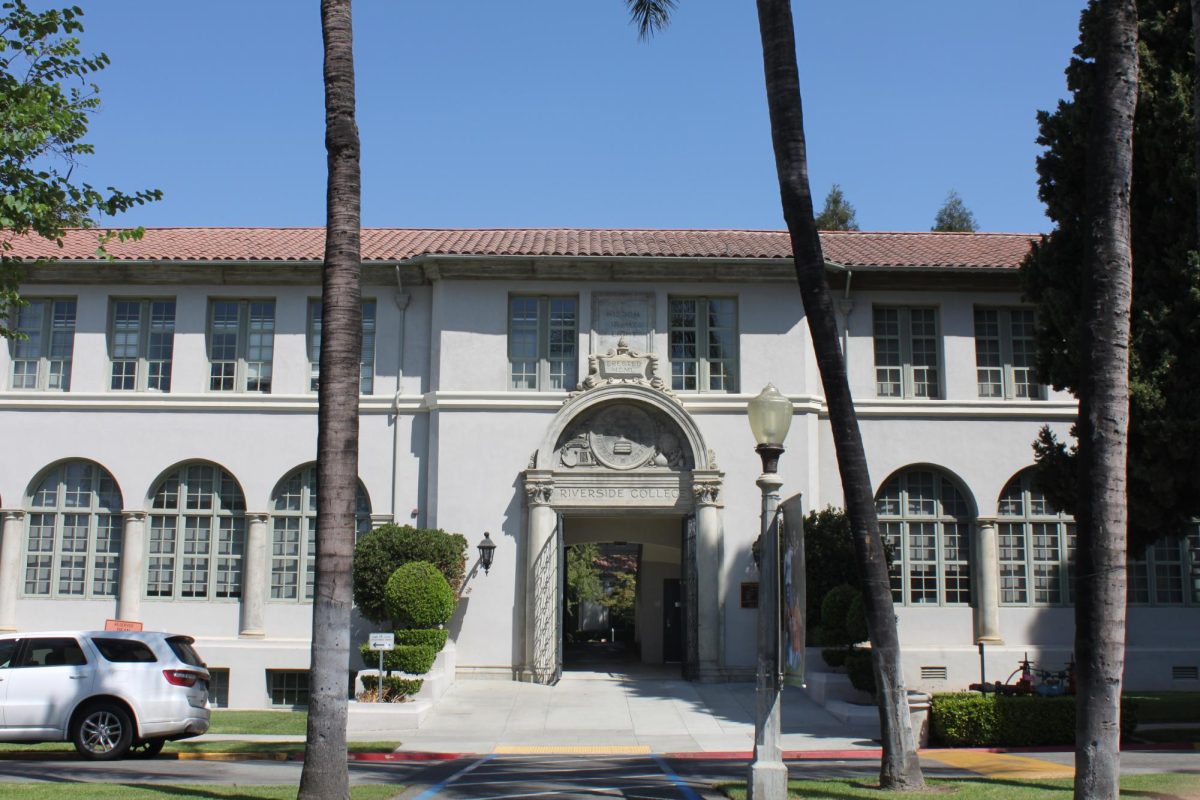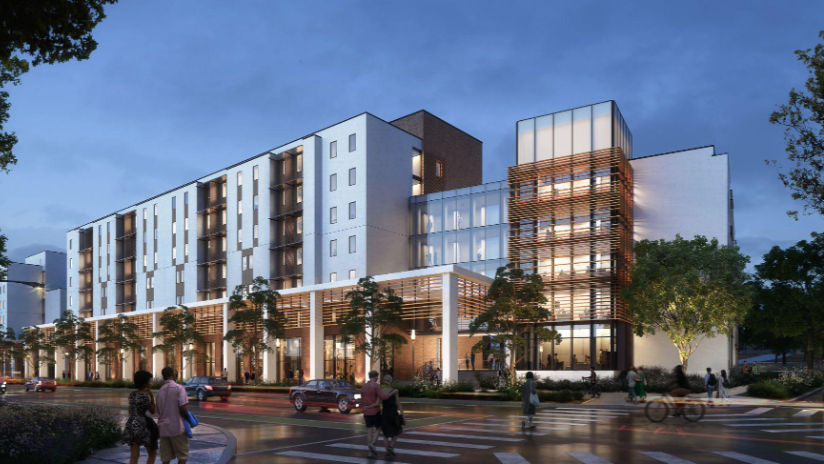by Erik Galicia
The Riverside Community College District missed an opportunity to apply for $24 million in state funding for on-campus housing for homeless veterans and foster youth at Norco College.
Norco College President Bryan Reece said the offer to apply for $25 million was made by the office of State Assembly Member Sabrina Cervantes on April 29. Cervantes’ chief of staff requested that Reece send a letter to the office to request the money within “a day or two.”
According to Reece, Norco College was able to secure $1 million to add to their veteran resource center but the opportunity for the additional $24 million for housing was lost.
“I had the letter done by the first (of May) and sent it to the district for approval,” Reece said.
Reece claims he stressed the need to act quickly and was told by the district that they “needed to follow up on it and the board needed to weigh in.”
“The window closed on the seventh (of May),” Reece said. “We failed to get the letter submitted. I can’t overstate how big of a disappointment this is for Norco College. For the staff, for the faculty, for the students.”
In a letter addressing the RCCD Board of Trustees on May 21, Peggy Campo, the District Academic Senate president, voiced her concern that there is “a decision-making process at the collective level that is frequently making decisions that have negative impacts on students.”
Campo claimed the explanations given to her for the district’s failure suggested that “Norco College is being opportunistic” and that the district could not be expected to “move this quickly.”
Campo also gave seven examples of how the district has “interrupted” Norco College projects in the past. Among these examples were a photonics project in 2017 and the district’s denial of a portable village project in 2018.
RCCD Chancellor Wolde-Ab Isaac gave Norco College the district’s official explanation for the handling of the situation during an open forum May 30. He told the dozens in attendance of the procedures that the district is obligated to follow and explained that equity between the district’s three colleges was one of the top priorities.
“We wanted Rep. Cervantes to work along the lines of district priorities,” Isaac said. “Why, when we want this for all three campuses, is this money only for Norco College? The fact is this wasn’t how we had presented this and I needed to discuss the situation with Rep. Cervantes.”
Isaac said that delays in communication with Cervantes resulted in the window of opportunity closing before that discussion was able to happen.
The chancellor explained that the money would only be available to Norco College because it is the only college in the district that is located in the area that Cervantes represents. The state representatives for the areas of Riverside City College and Moreno Valley College did not extend the same offer to those colleges. He made it clear that the district was hesitant to approve so much funding for just one college as this would not be in line with the district’s priority of equity.
Isaac admitted that the system is imperfect, but also expressed concern that the students’ method of reaction to the situation was creating an environment where the community is pitted against the board.
Many of the students and faculty present at the forum expressed dissatisfaction with the chancellor’s explanations. There was a general sentiment that the district has a habit of denying Norco College of its autonomously created opportunities and that it is often overlooked in comparison to RCC.
“What’s at stake is the opportunity to govern ourselves,” biology instructor Barbara Moore told the chancellor. “We made that plan, we went through our governance policies. We don’t want to be stopped anymore from our plans. We are underfunded. We just want you to support us.”
Sarah Burnett, an early childhood education instructor at Norco College, pointed out differences in treatment between Norco and the other colleges. She made it clear that Norco College was “not going to back down.”
“There is inequity in this district,” Burnett said. “I don’t have a child development center. I need a commitment from you that we will not be overlooked because we are not RCC or Moreno Valley. We are going out and finding resources. We can’t stop every resource from our students while we fix the process.”
Student veteran Jose Castaneda argued that “it’s unfair that Norco doesn’t have the opportunity for low-income housing” like RCC and MVC. Isaac disputed the details of those claims and agreed to make time for further discussion with Castaneda.
Castaneda maintained that it is “ridiculous” that the opportunity for the funding was missed when there are students sleeping in their cars overnight in Norco College’s parking lot. He went on to argue that this whole situation takes away from Norco’s ability to attract future student veterans to the college.
Attendees voiced frustration with the district’s system for handling such matters.
“How can the district make a process that moves quickly,” asked Ruth Jones-Santos, Norco College’s student success coach.
Jones-Santos works with students who have been through foster care. Having been through homelessness herself, she argues that there is a correlation between housing insecurity and low academic performance. This limits the transfer options that students are able to achieve and the root cause is the institution’s inability to provide necessary resources.
Isaac claims the offer from the state was only for an application and that the funding was not guaranteed. Kathy Vaiasuso, a psychology major at Norco and former military spouse, contradicted Isaac’s claim.
“The money was guaranteed and they couldn’t get together in 48 hours to sign a piece of paper,” Vaiasuso said. “This impacts veterans, foster youth and all at-risk students. And he will not take responsibility. I want him to stand up and say ‘I made a mistake and here’s how I’m going to fix it.’”
Isaac suggested that the way to avoid these situations going forward is to keep the line of communication open and consistent. He claimed that Autumn Uriostegui, Associated Students of Norco College President, “didn’t show up” when opportunities to meet for discussion were available.
Uriostegui claims the opposite.
“I have been meeting with him since last semester,” Uriostegui said. “Multiple times he started canceling on me when I disagreed with him on the budget.”
In the midst of all the back-and-forth, the consensus at Norco College seems to be the request for changes to be made to the “broken system.”
“We need to fix the process,” Reece said. “We need to have a dialogue about what that process needs to look like moving forward.”


